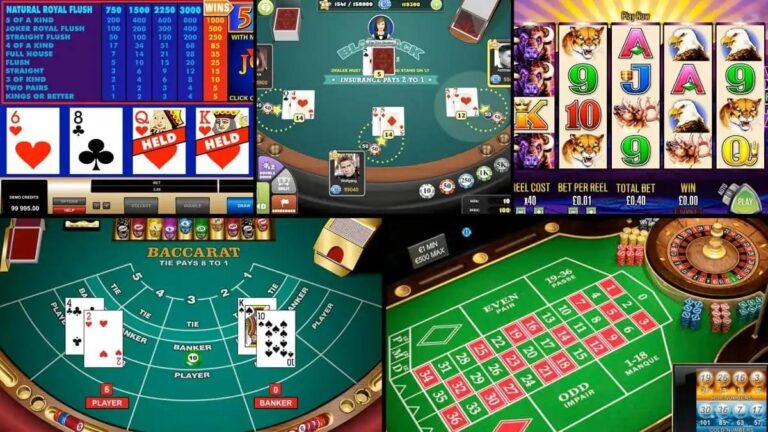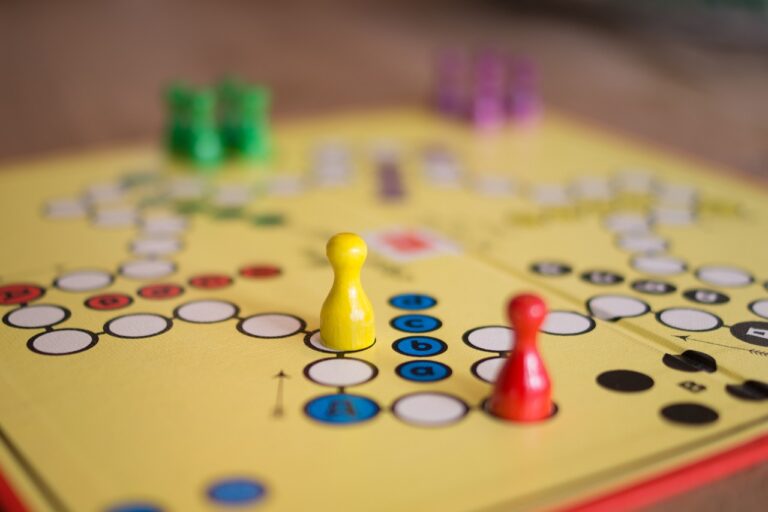From Bluffs to Wild Cards: Skill-Bridging in Gaming
Ever found yourself in the middle of an intense poker game, doing your best to maintain that perfect poker face? Or perhaps you’ve been in a lively round of Uno, waiting for the right moment to unleash that game-changing Wild Draw Four? Despite the obvious differences, these games – and many others – share a surprising common ground.
They require strategic thinking, a keen sense of observation, and a dash of unpredictability.
As we move into 2024, the landscape of gaming continues to evolve, but these core skills remain relevant.
But what makes these skills so transferable across such different games? How can excelling in a card game enhance your skills in a video game, or vice versa?
In this exploration, we’ll uncover the intriguing connections between various game types and unveil the underlying abilities that contribute to mastery. Are you prepared to perceive games from a fresh perspective? Let’s play.
The Universal Language of Games
Games, no matter their form, speak a universal language. They weave together elements of strategy, luck, and psychology, creating a shared DNA of play. This DNA isn’t bound by the type of game, be it a card game like poker or a video game. It’s the underlying thread that links all forms of play together.
Now, consider the skills you’ve honed playing your favorite game. The strategic thinking you’ve developed in poker and the adaptability you’ve honed in video games—these skills are not confined to their respective games. They’re transferable, crossing the boundaries between genres and platforms.
So, the next time you switch from cards to controllers, remember: the skills you’ve mastered in one game might just give you a head start in the next.
Also Read: Choosing Online Slots Correctly: Factors to Look Out For
Make Smart, High-Reward Decisions
The heart of the game is finding the right balance between risk and profit. Each decision, each move carries inherent risk, yet it also presents an opportunity for reward. Winning is not just about avoiding risk, it’s about assessing it, embracing it, and turning it into your advantage. Taking calculated risks is a crucial part of gaming strategy.
For instance, going all-in during a game of Texas Holdem poker might seem like a bold move, but if you’ve assessed your hand and the odds correctly, it could lead to a significant payoff. If you’re wondering what are the rules of Texas Holdem poker? Understanding them can help you make these calculated risks more effectively.
These risk-reward decisions are often what separates the winners from the rest. Comprehensive information about these rules is available online, providing valuable insights to help you assess and make calculated risks in your gameplay.
Poker Face Expertise
Mastering the art of the poker face is more than just keeping a straight face. It’s about keen observation, strategic deception, and emotional control. Being adept at reading the room, or in this scenario, the table, is a vital skill. It involves grasping subtle cues, deciphering them accurately, and leveraging that insight to your benefit.
Then there’s the mastery of bluffing. It’s more than just deceiving opponents; it’s about doing so convincingly. Deception and misdirection become tools in your arsenal, keeping your adversaries guessing and off-balance. And let’s not forget about maintaining composure. In poker, managing pressure is crucial. Maintaining emotional composure is key—staying calm, composed, and focused, regardless of the game’s twists and turns.
The Power to Read Minds and Win Any Game
Who hasn’t wished they could read minds during a tense game? Knowing your opponents’ next move or their hidden cards would certainly give you an edge. But while we may not have psychic powers, we can develop skills that almost seem like mind-reading.
It’s about observing carefully, picking up on patterns, understanding the rules so well that you can predict the play. Understanding your opponent’s viewpoint, adapting your strategy accordingly, and maintaining a step-ahead approach is crucial. Whether it’s a board game, a video game, or a card game, this skill remains a potent secret weapon.
Taking It Outside of the Game
The skills we acquire at the game table often extend beyond it, influencing our approach to real-world scenarios. The strategic thinking, adaptability, and risk assessment we hone during play can prove invaluable in our daily lives, helping us navigate challenges with a game master’s mindset.
But the benefits of gaming aren’t just practical. There’s a unique joy that comes from mastering a game, from seeing your skills improve and strategies succeed across different games. Moreover, games have a way of bringing people together, building a community bound by the shared language of play.
Whether we’re bluffing in poker or dropping a Wild Draw Four in Uno, we’re not just playing a game; we’re part of a global community of gamers. And in this community, everyone has a seat at the table.
Also Read: The Pros and Cons of Playing at Online Casinos
Conclusion: Playful Lessons Real Life Skills
Games offer more than just fun; they’re a goldmine of real-world skills. The strategies, risks, adaptability, and reactions we learn aren’t just for play—they’re practical abilities we can apply daily. Whether it’s strategic thinking from board games, quick decisions from video games, or people-reading from poker, these skills boost our confidence and finesse in real-life situations.





